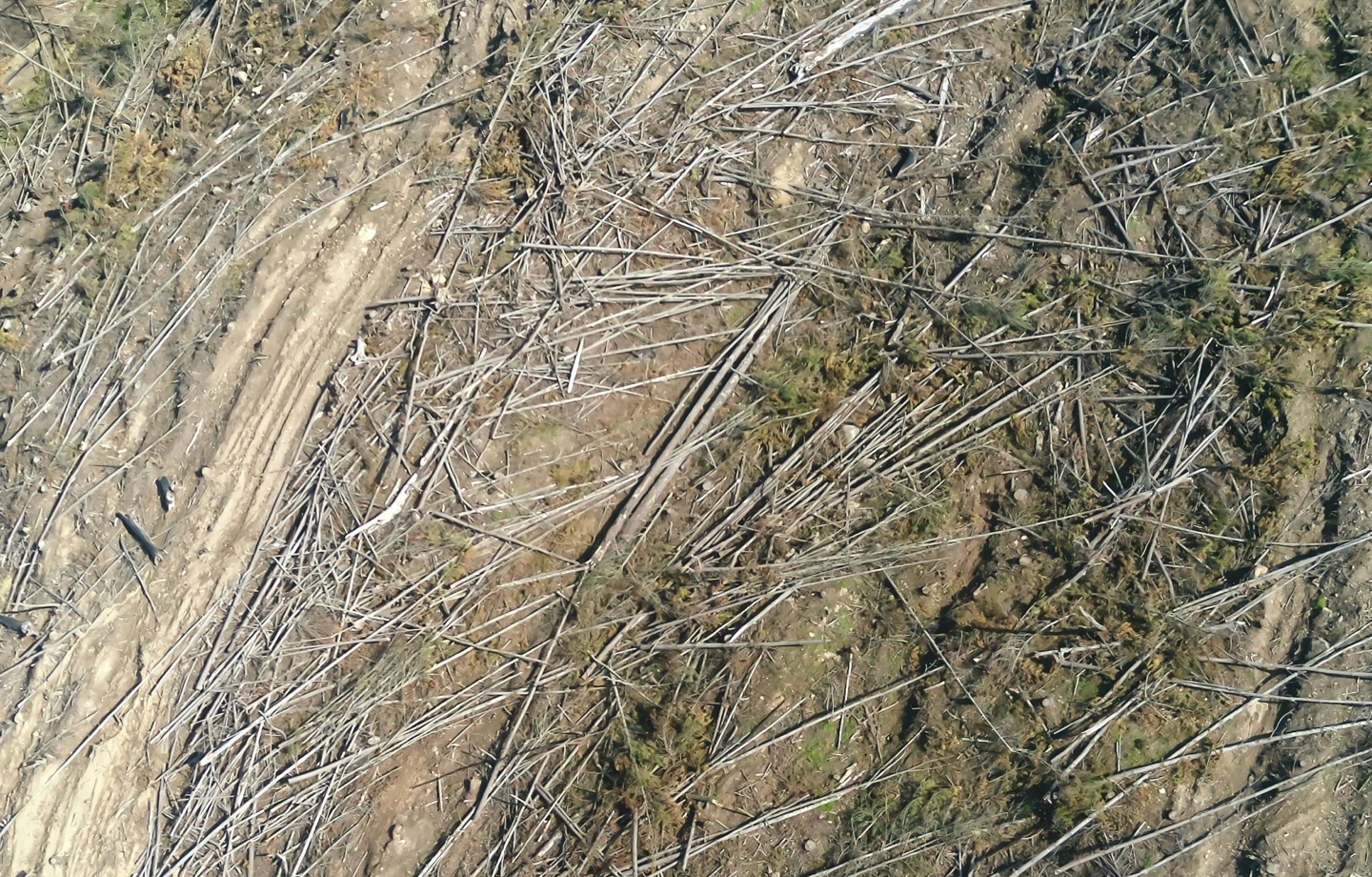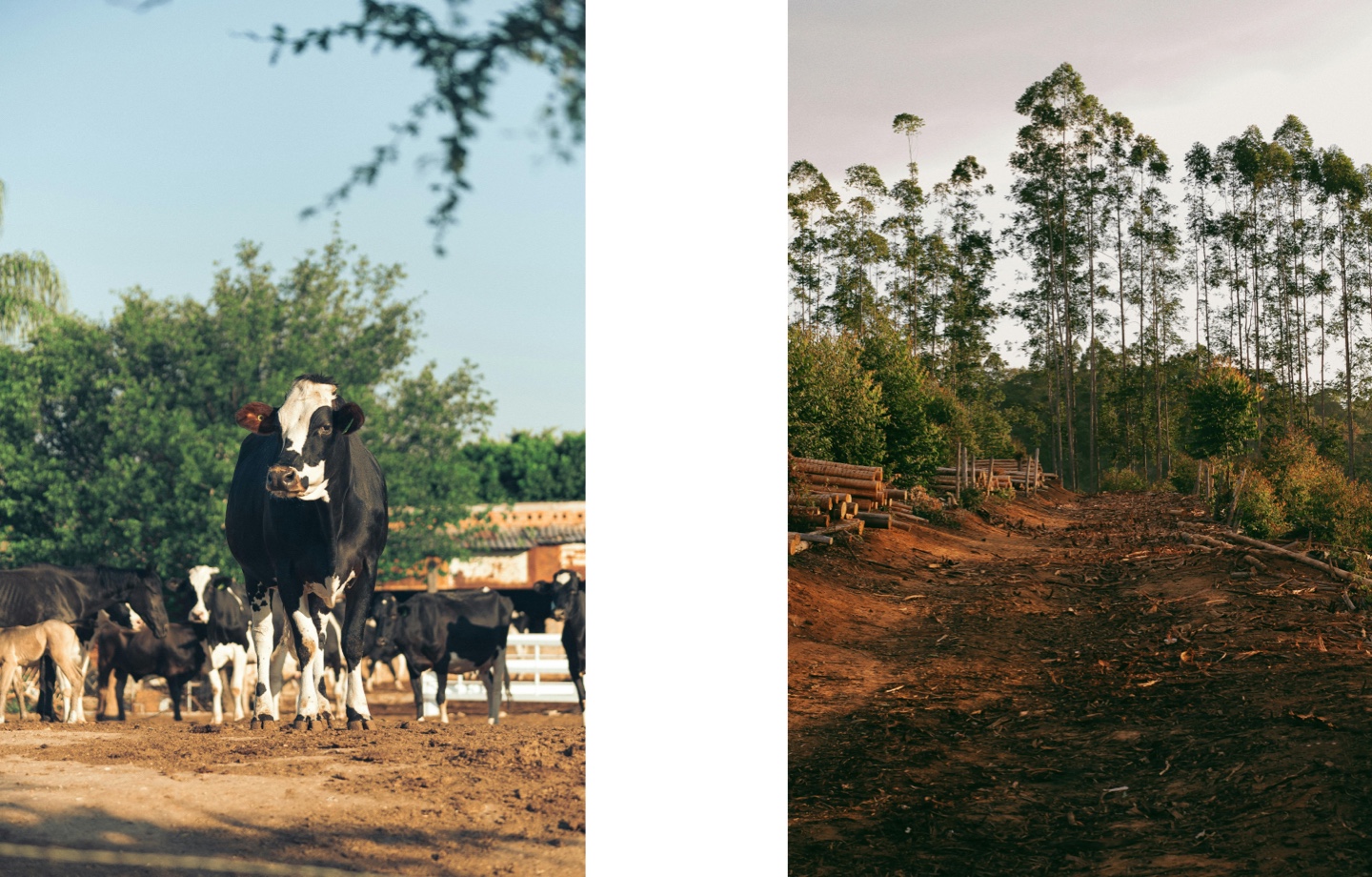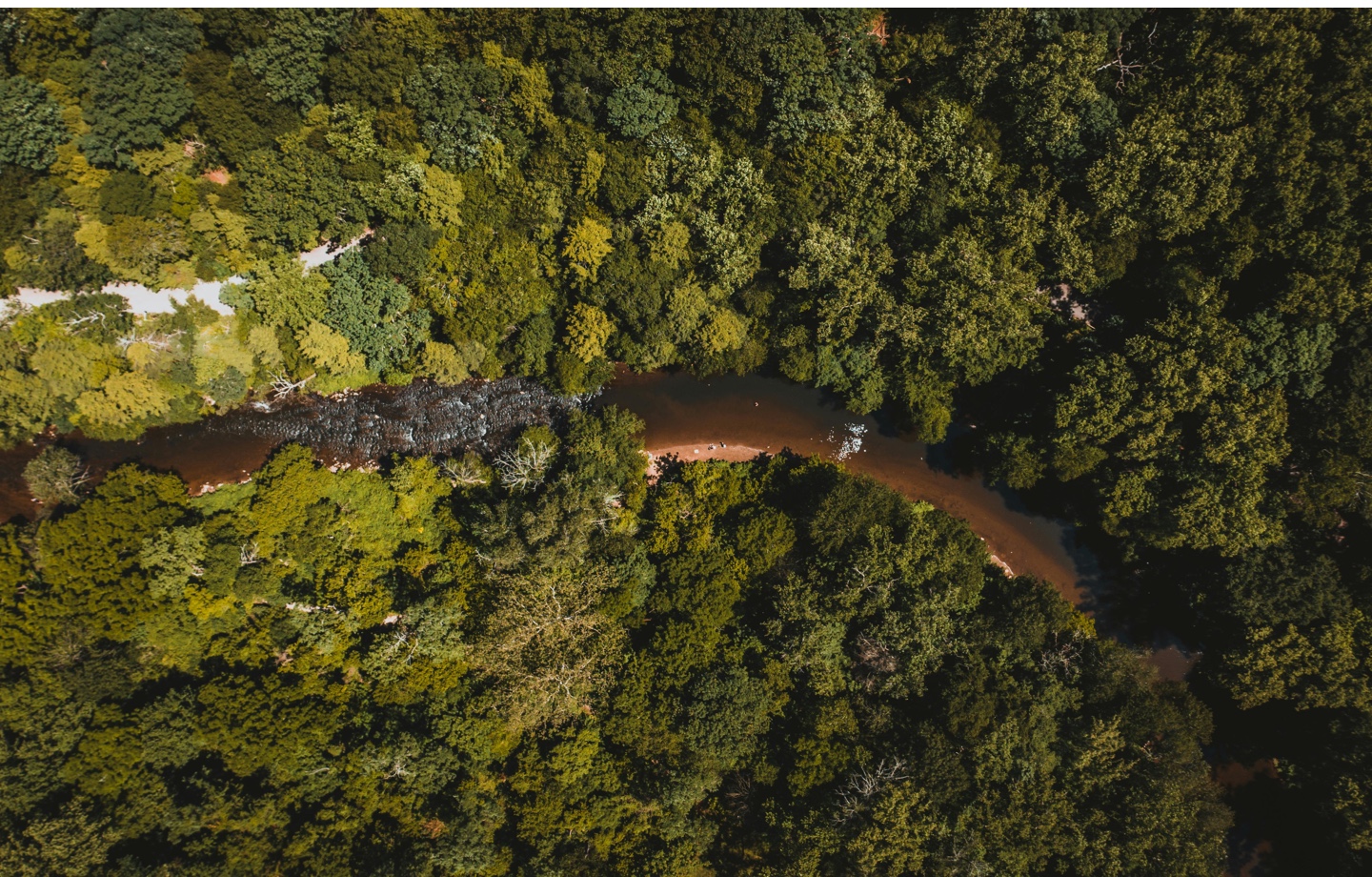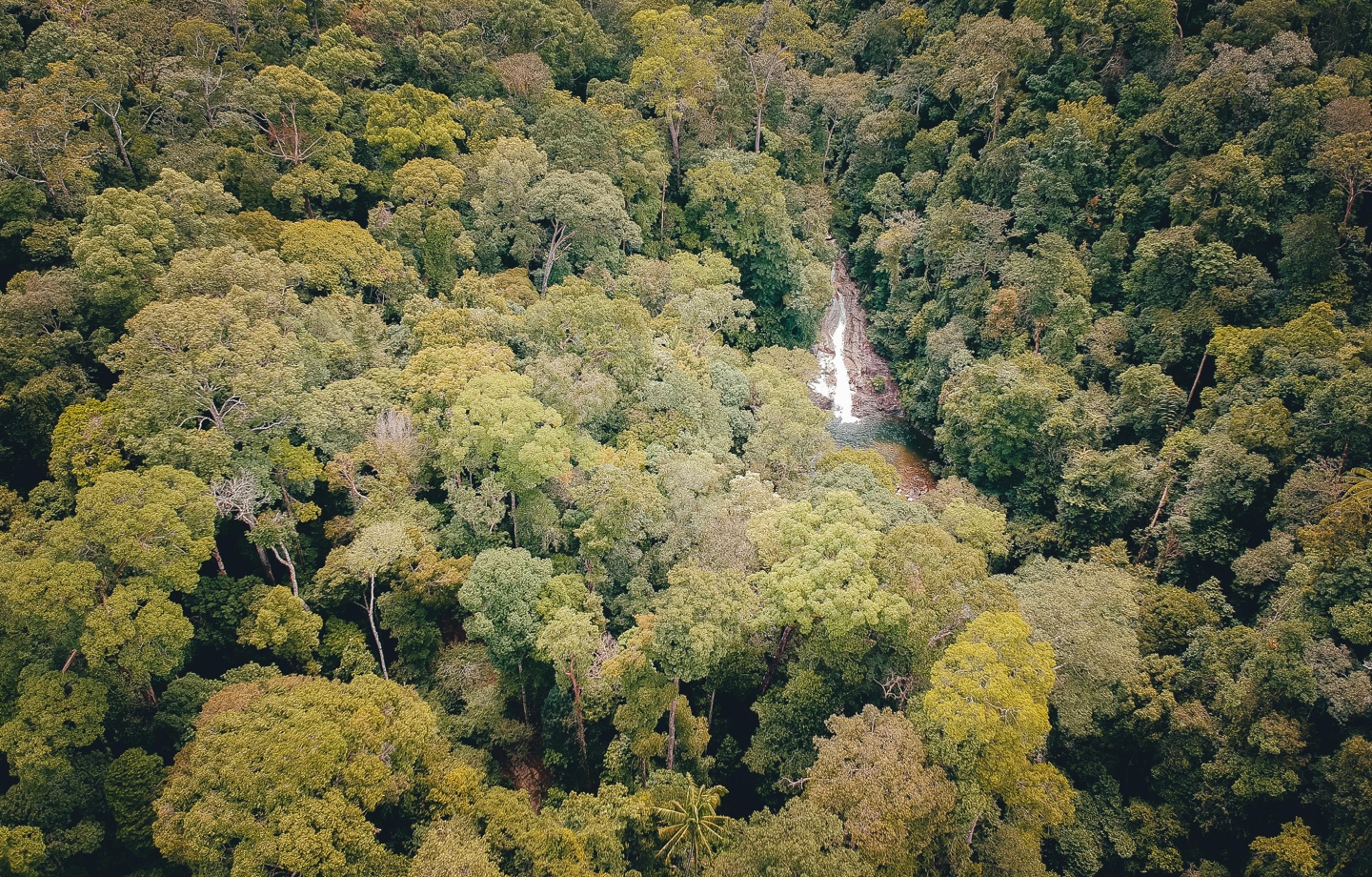Demand for bovine collagen supplements is fueling vast deforestation and human rights violations in the Brazilian Amazon.
“What if I told you the best place to begin is within?” asks the instantly recognizable voice of Jennifer Aniston. We see the actor turn off a softly chiming alarm and commence a peaceful morning routine, one that prominently features her adding Vital Proteins collagen peptides to a pour-over in a sun-dappled kitchen.
Historically used to treat joint inflammation, collagen, a structural protein that plays a pivotal role in cellular processes and is found in connective tissue, skin, tendons, bones, and cartilage, was introduced in the late ’90s as a beauty treatment to circumvent signs of aging. As we age, our bodies naturally make less collagen, which leads to wrinkles and loss of elasticity.
The 2020 commercial introduces Aniston’s partnership and role as chief creative officer with Vital Proteins. That same year, Nestlé acquired a majority stake in the prominent wellness brand. Many viewed the acquisition as confirmation that collagen is more than a “here today, gone tomorrow” beauty trend. As far as the numbers are concerned, predictions were right on target. In 2020, the global collagen market reached an estimated $8.36 billion and is expected to leap to $16.7 billion by 2028.
However, a recent joint investigation into the global supply chain of collagen by the Guardian, the Bureau of Investigative Journalism, Center for Climate Crime Analysis, ITV, and O Joio e O Trigo in Brazil, sparked scrutiny around the ethical and environmental impact of bovine collagen production. While there are a number of different sources of collagen, from marine to bio-designed, cattle remains both the most in-demand and the most problematic given its outsized impact on the environment, human rights, and the often inhumane nature of industrial animal farming.
To start, cattle ranching in Brazil, a leading supplier of bovine collagen, accounts for 80 percent of all Amazon deforestation. (According to a 2022 report from the World Wildlife Fund, this continued degradation of the Amazon may soon prevent it from serving as a critical climate regulator.) The investigation further found that the tens of thousands of cattle raised on farms linked to deforestation were processed at slaughterhouses sourcing to international companies, including Nestlé-owned Vital Proteins. The report is also the first to directly connect bovine collagen production to violence against Indigenous peoples.

Read more: The Amazon is Reaching a Critical Tipping Point
“Some of these farms were either entirely on Indigenous territories or overlapping partially with Indigenous territories,” says Gustavo Faleiros, director of environmental investigations for the Pulitzer Center, which helped support the investigation.
While commodities like beef, soy, and palm oil are covered in new EU and UK due diligence legislation designed to address deforestation and set to take effect in 2024, collagen and other byproducts didn’t make the final list due to political pushback. Faleiros notes the new legislation also neglects to include safeguards for Indigenous peoples, who are widely regarded as the best stewards of the regions’ rainforests — nearly half of the best-preserved areas are within Indigenous territories.
The exclusion of byproducts leaves “big loopholes open for products that are proven to be linked to deforestation,” Delara Burkhardt, a member of the European Parliament who worked on the legislation, told The Bureau of Investigative Journalism.
The term “byproduct” itself is actually misleading, says Rick Jacobsen, commodity policy manager at advocacy group the Environmental Investigation Agency (EIA), which works to decouple the production of agricultural commodities from negative impacts on the environment and human rights.
“Anything you can sell or generate predictable revenue from, or results in investing hundreds of millions of dollars in manufacturing, isn’t a byproduct. It’s part of a business model,” says Jacobsen. According to the United States Department of Agriculture, non-meat products can generate up to 20 percent of income from a slaughtered cow. “The same supply chains are relevant whether we’re looking at hides, beef, or collagen. Classifying collagen as a byproduct is a way to circumvent sustainability and ethical expectations.”

Read more: How Healthy Forests Benefit All of Us
Most recently, Jacobsen led an investigation into the role of cattle ranching in driving deforestation in the Brazilian Amazon. The examination looked into how the sector’s lack of traceability and transparency allows products linked to deforestation and crime to enter both U.S. and international markets. As a result, the EIA recently helped develop legislation aimed at regulating commodities that come into the U.S. and cause deforestation.
An initial formulation of the bill, called the FOREST Act, passed with bipartisan support this fall. While the EU’s legislation defines legal versus illegal deforestation, the FOREST Act focuses on illegal deforestation and sourcing traceability, ensuring commodities are produced in compliance with the country of origin’s laws.
“The first step to responsible sourcing is knowing your supply chain,” says Jacobsen. “In our view, you can’t possibly make any claim to sustainability or ethical supply chains if you don’t know where the commodity was actually produced.”
Jacobsen notes that companies like Patagonia and Dr. Bronner’s might operate on a smaller scale but are proof that if you invest in sourcing in a way that aligns with your values, you can be competitive and successful in the long term.
In response to the findings of Jacobsen’s investigation, which gained international attention, Nestlé said the allegations were “not in line with its commitment to responsible sourcing” and announced it would take steps to ensure its products are “deforestation-free” by 2025. Soon after, Vital Proteins responded to buyers directly with the assurance it would “end sourcing from the Amazon region effective immediately.”
It’s a step in the right direction. However, voluntary corporate commitments are unlikely to create industry-wide accountability and change needed to stymie rampant environmental degradation, unethical animal practices, and infringement of Indigenous rights.
That’s why advocacy groups like the EIA are focused on passing laws like The FOREST Act, which mandates companies meet ethical and responsible sourcing requirements. While most livestock-driven deforestation involves indirect suppliers, Jacobsen says that today, the only barrier to knowing the full scope of a supply chain is will. “Technologically, we’re already there,” says Jacobsen. “But many companies find it more convenient not to ask questions.”

Read more: The Baird’s Tapir Is Essential. This Man Is Saving Them.
Have feedback on our story? Email [email protected] to let us know what you think!

Shop Pillows
The Essential Organic Pillow Collection
Gentle, breathable, non-toxic support.







